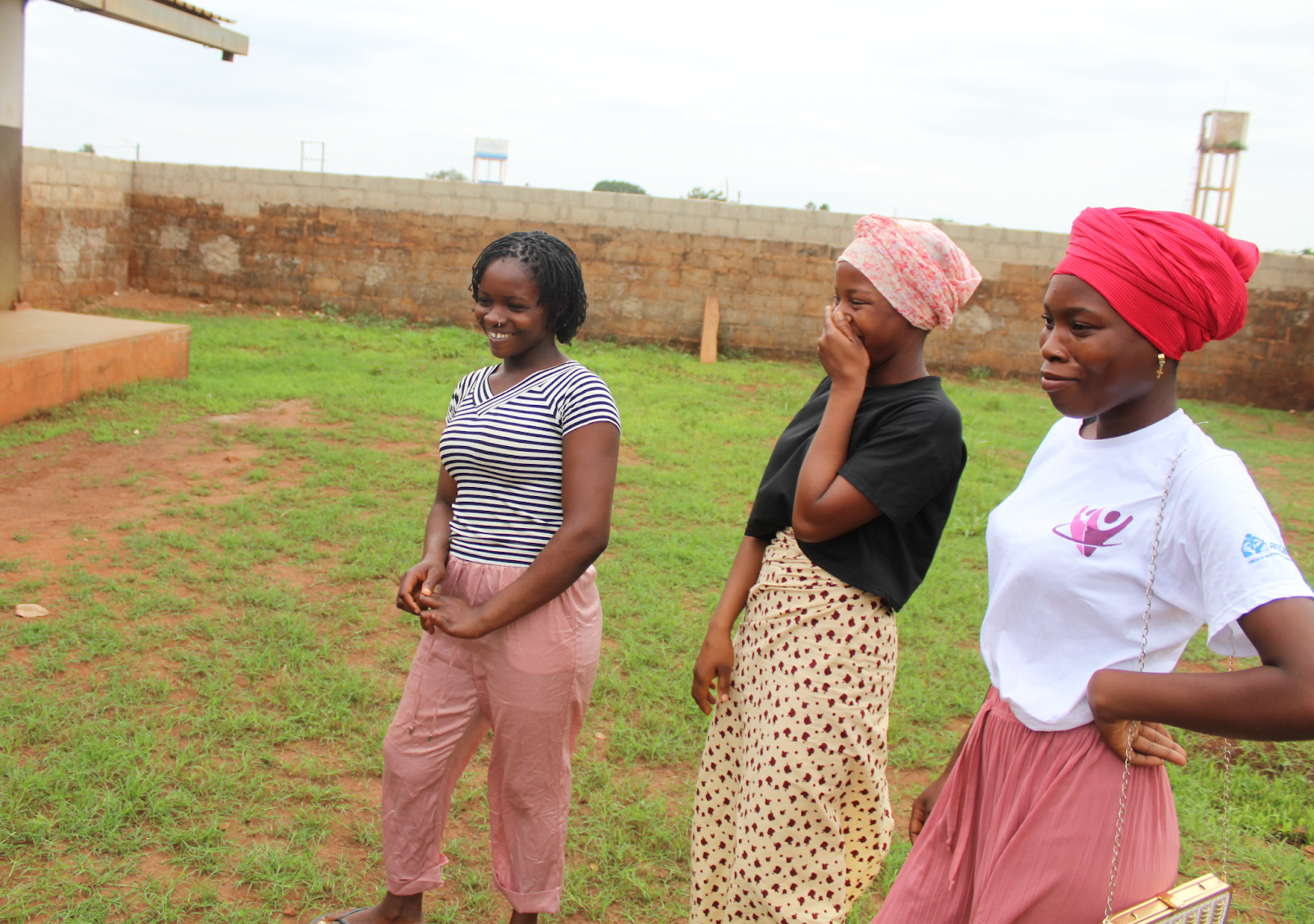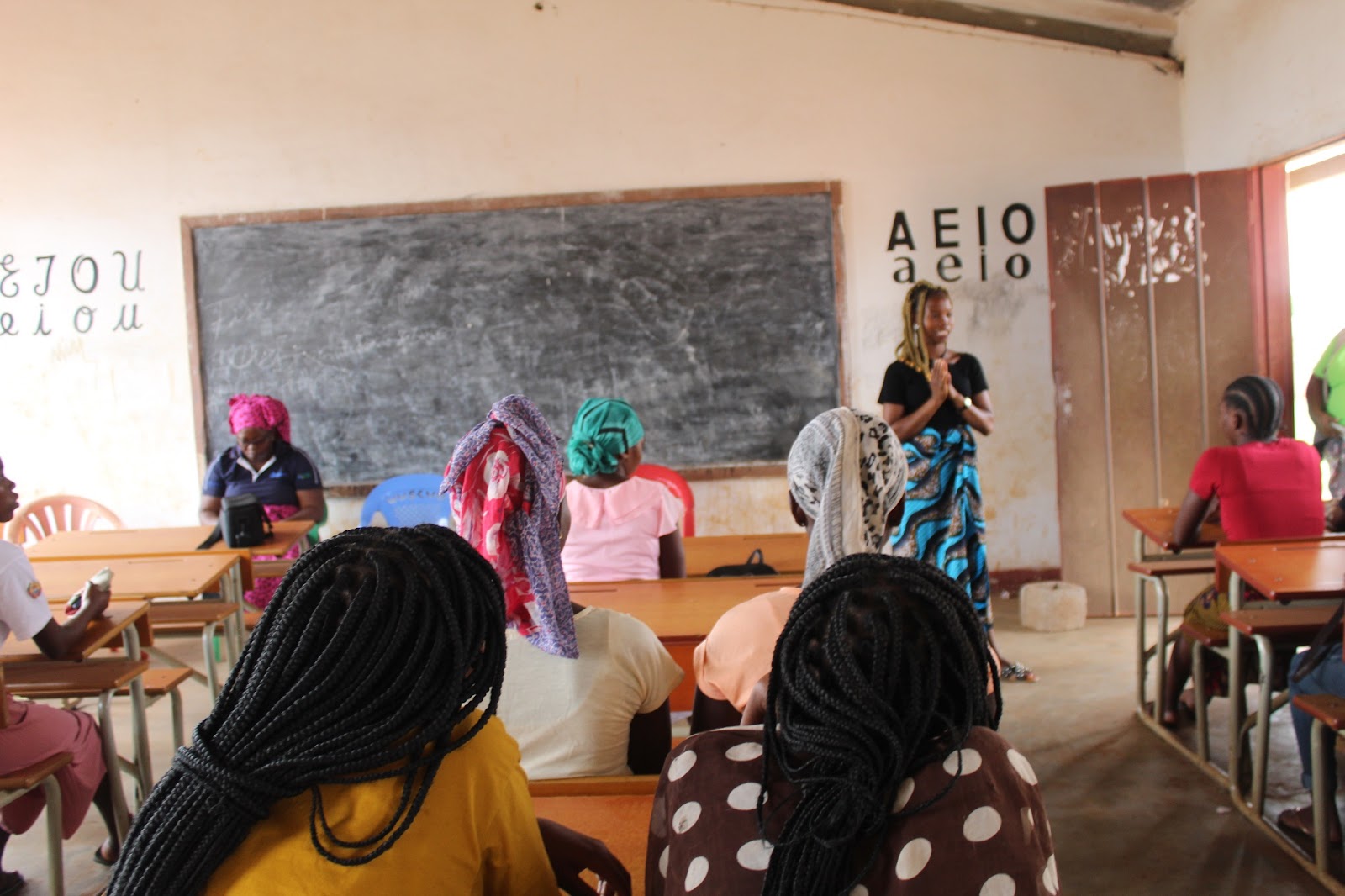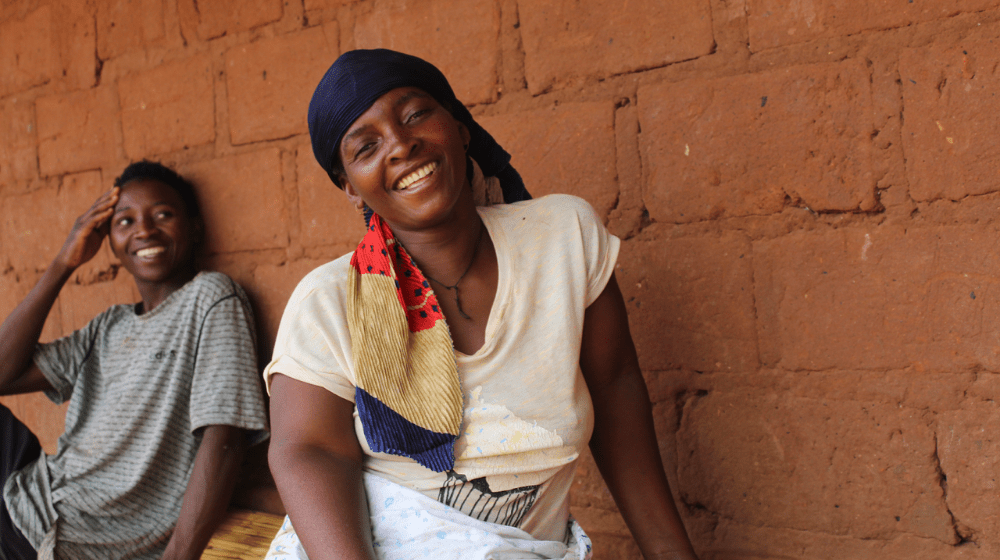For people living in the remote Nacaca community, some 12 kilometers from Balama district in Cabo Delgado province, access to health services has always been a challenge. For some, like 20-year Olinda who is a mother of three, access to sexual and reproductive health (SRH) information and services was once considered a ‘luxury’. This changed in 2020 when through the My Choice program, funded by the Kingdom of the Netherlands, Olinda began accessing quality SRH services geared for adolescent girls and young women in her community.
"I'm glad I can access contraceptives locally, as I no longer need to travel for them,” shares Olinda, while reinforcing: "otherwise I would have been a young mother with many more children."
"I could have started family planning quite a while ago if I had been informed about the several methods and the contraceptives available to me," she notes.
"Lack of information and access to contraceptives has contributed to girls in my neighborhood getting pregnant at a young age.”
Other girls like Anselmina (aged 19) and Cecilia (aged 16) consider themselves ‘lucky’, as they attended information sessions about sexual and reproductive health and rights (SRHR). "Lack of information and access to contraceptives has contributed to girls in my neighborhood getting pregnant at a young age,” commented Anselmina.
This example represents a broader scenario in Cabo Delgado, where 15% of girls in the province are mothers by the age of 18 (Census 2017). Increasing access and availability of family planning, particularly among youth, is therefore critical to reducing and preventing early pregnancy.

According to Cecilia, the program brought meaningful changes to her life as she had previously dropped out of school, but that has since changed: "Due to the conversations in the mentoring sessions, I decided to go back to school... I want to be a teacher," she remarked.
Community dialogues are an effective way for adolescents and youth to share and access information about SRHR. Through My Choice, more than 40 cases of premature marriages were prevented after more than 2,500 people took part in community dialogues on the topic.
The My Choice project has also engaged activists, community health workers and mobile brigades in promoting SRH services throughout Cabo Delgado, which are now home to persons displaced from the conflict in the north of the country. Through these interventions, more than 180,000 young people, ages 10 - 24, have received information and access to family planning services.
For Cecilia, the community dialogues are not only a safe space where she learns about her rights and can ask questions regarding SRH, but also a place of self-discovery. "I learned about myself, which helped me make choices that are right for me, such as using contraceptives," she mentioned.
This impact is largely due to the powerful work of female mentors, composed of some 90 girls and young women from dozens of communities, who are trained by implementing partner AMODEFA, to educate, support and empower youth throughout the province.
Cesarima (aged 21) is another mentor facilitates sessions with youth on the weekends: “More than guidance, I encourage discussions around the challenges that girls face in everyday life," adding: "I want to see girls in my community informed, engaged in their studies, and following the right path".

In times of conflict and insecurity, and as young people transition to adulthood, peer-to-peer mentorship provides a vital lifeline to information, emotional support and referral to health and social services. Through the powerful work of mentors, young women like Olinda and Cecilia can better exercise their right to make their own choices over their sexual and reproductive health.


